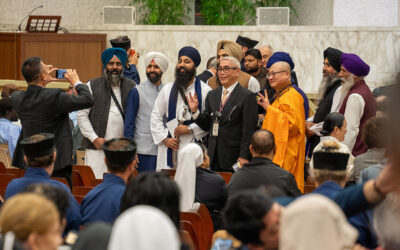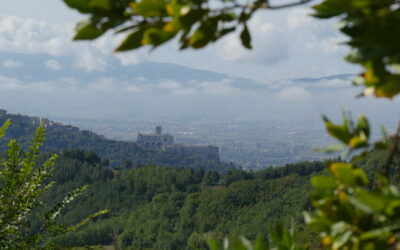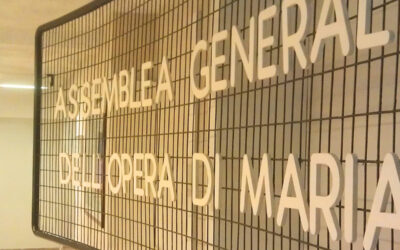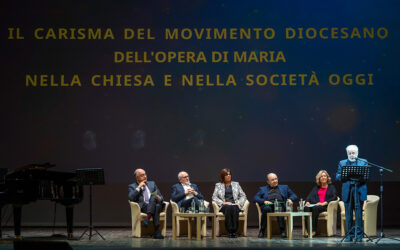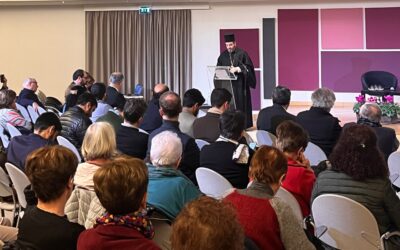News
Nostra Aetate: interreligious dialogue as a way of life
On 28 October 2025, a commemorative event entitled “Walking Together in Hope” was held in the Vatican, in the Paul VI Hall, on the occasion of the 60th anniversary of the Conciliar Declaration Nostra Aetate on the Church’s relationships with all the other religions.
Assisi calls for Volunteers
An immersive experience of communion between charisms for our common home. The testimony of Cristina Calvo.
Christmas 2025
Christmas greetings from Margaret Karram and Jesús Morán – President and Co-president of the Focolare Movement
Pre-Assembly process: a journey of conversion and sharing
From 20 December 2025, preparations for General Assembly will continue with a series of meetings known as the pre-assembly process. This will be a time of preparation, discernment, but above all, of sharing and will involve many people from the most diverse parts of the world.
Baby Jesus is back at the heart of Christmas
Founded in 1997, the initiative ‘They have evicted Jesus’ originates from a reflection by Chiara Lubich, foundress of the Focolare Movement, who, struck by the absence of any reference to the true meaning of Christmas, invited people to bring Jesus back to the heart of it.
50 Years of the Diocesan Movement: A Trail of Light
A number of events marked the fiftieth anniversary of the birth of this reality of the Focolare Movement, which contributes to embodying the ideal of unity through the structures of the local Church.
Chiara Lubich: “You did it to me”
With this reflection, inspired by the Gospel of Matthew, Chiara Lubich addressed the participants at the Congress of the Movement of Men Religious in 1995. It outlines the approach that draws us closer to our neighbour and closer to those in need, breaking down all distances and focusing on love.
Remembering the 60th anniversary of the revocation of the excommunications between Rome and Constantinople.
Messages from Pope Leo XIV, Patriarch Bartholomew of Constantinople and Margaret Karram, vice chancellor of the Sophia University Institute and President of the Focolare, opened an international seminar in Loppiano, the international little town of the Focolare Movement, organized by the Patriarch Athenagoras – Chiara Lubich Ecumenical Chair of the Sophia University Institute.
7 December 1943: the beginning of a divine adventure
Chiara Lubich describes the day she consecrated herself to God
Seed Funding Program 2025-2026
The “Seed Funding” programme aims to promote initiatives for an integral ecology within Focolare communities, aiming to change lifestyles to pay greater attention to the environment. Ten projects were funded in the 2025-26 round.
Hope has no limits
The Idea of the month – December 2025
All the ends of the earth will see the salvation of our God. (Is 52:10)
Word of Life – December 2025
Thought of the day
Love everyone
Love everyone

